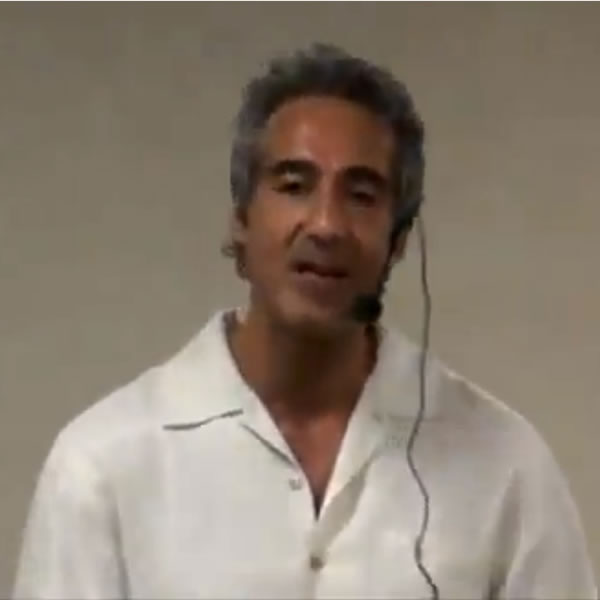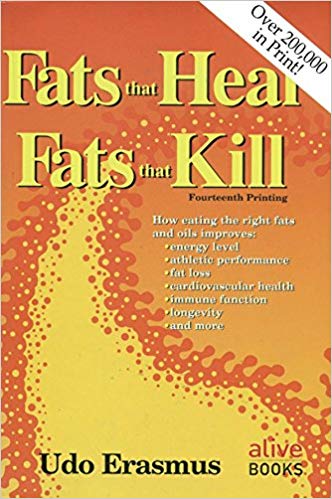Pharmacist Ben Fuchs interviews Dr. Joel Wallach in this 5 part series, covering topics about Amazing Discoveries In Health, Essential Life Minerals, Statin Drugs, & The Best Diet. In the first video you will get to know a little about both Doctor Wallach and Pharmacist Ben and how they became involved in health and nutrition.  Ben mentions getting a tape in the mail titled “Dead Doctors Don’t Lie”, in the 1990s!
Ben mentions getting a tape in the mail titled “Dead Doctors Don’t Lie”, in the 1990s!
In part 2, they go into epigenetics[1], how it relates to nutrition and genetics. Thiamine[2] deficiency and the heart.
Part 3 covers one of Ben’s favorite minerals, selenium. How selenium is involved with the thyroid, and diabetes. All the different benefits of this incredible mineral. They talk about many related topics from AIDS to MS, to the common cold. Dr. Wallach shares enlightening information about Colloidal[3] Minerals.
Dr. Wallach discusses new information about Statin drugs in part 4. He also talks about the incredible edible egg. Is it the perfect food? What about grains and gluten? Watch part 4 and learn the answer to these questions.
The US spends more money for healthcare than any other nation, yet has the most obesity. What’s going on? Pharmacist Ben and Dr. Wallach discuss diet and nutrition in Part 5 of this 5 part series.
| Pharmacist and Doctor Speak Out Part I of V | Doctor’s Amazing Discoveries In Health Part II of V | Doctor Shares The Secret of Essential Life Minerals Part III of V |
| Doctor Unloads on Statin Drugs Part IV of V | Doctor and Pharmacist Break Down The Best Diet Part V of V |
Dr. Joel Wallach B.S., DVM, N.D.
Dr. Joel Wallach is sometimes referred to as the godfather of liquid supplementation. He is considered a true pioneer in the fields of biomedical research and nutrition. Doctor Wallach’s 40 years of work in the field of Veterinary Medicine forms the basis to his deep understanding of nutritional health. Some of his ground breaking research includes the discovery of the effects of selenium on cancer and the essential fatty acids on heart disease. He has written more than 70 scientific papers and six books including the famous textbook, “Diseases of Exotic Animals”, still being used today by leading veterinary schools, and can also be found on display at the Smithsonian Institute where it is stored as a national treasure.
Following an extensive career in Veterinary Medicine, Dr. Wallach went on to become a primary care physician of Naturopathic medicine. He has worked tirelessly as an advocate of the dietary supplement industry and has successfully lobbied the U.S. Food and Drug Administration on a number of occasions. Dr. Wallach’s forward-thinking ideas on nutritional health are clearly spelled out in his most famous lecture, “Dead Doctors Don’t Lie” which currently has more than 150 million copies worldwide, making it the most widely distributed health lecture on record.
[1] Epigenetics
There exist several definitions of epigenetics, and as a result, there are disagreements as to what epigenetics should mean. Epigenetics (as in “epigenetic landscape”) was coined by C. H. Waddington in 1942 as a portmanteau of the words epigenesis and genetics. Epigenesis is an old word that has more recently been used (see preformationism for historical background) to describe the differentiation of cells from their initial totipotent state in embryonic development. When Waddington coined the term the physical nature of genes and their role in heredity was not known; he used it as a conceptual model of how genes might interact with their surroundings to produce a phenotype.
Robin Holliday defined epigenetics as “the study of the mechanisms of temporal and spatial control of gene activity during the development of complex organisms.” Thus epigenetic can be used to describe anything other than DNA sequence that influences the development of an organism.
The more recent usage of the word in science has a stricter definition. It is, as defined by Arthur Riggs and colleagues, “the study of mitotically and/or meiotically heritable changes in gene function that cannot be explained by changes in DNA sequence.” The Greek prefix epi- in epigenetics implies features that are “on top of” or “in addition to” genetics; thus epigenetic traits exist on top of or in addition to the traditional molecular basis for inheritance.
The term “epigenetics”, however, has been used to describe processes which haven’t been demonstrated to be heritable such as histone modification, there are therefore attempts to redefine it in broader terms that would avoid the constraints of requiring heritability. For example, Adrian Bird defined epigenetics as “the structural adaptation of chromosomal regions so as to register, signal or perpetuate altered activity states.” This definition would be inclusive of transient modifications associated with DNA repair or cell-cycle phases as well as stable changes maintained across multiple cell generations, but exclude others such as templating of membrane architecture and prions unless they impinge on chromosome function. Such redefinitions however are not universally accepted and are still subject to dispute.
In 2008, a consensus definition of the epigenetic trait, “stably heritable phenotype resulting from changes in a chromosome without alterations in the DNA sequence”, was made at a Cold Spring Harbor meeting. From Wikipedia, the free encyclopedia
[2] Thiamine
Thiamine or thiamin or vitamin B1 (pron.: /ˈθaɪ.əmɨn/ THY-ə-min), named as the “thio-vitamine” (“sulfur-containing vitamin”) is a water-soluble vitamin of the B complex. First named aneurin for the detrimental neurological effects if not present in the diet, it was eventually assigned the generic descriptor name vitamin B1. Its phosphate derivatives are involved in many cellular processes. The best-characterized form is thiamine pyrophosphate (TPP), a coenzyme in the catabolism of sugars and amino acids. From Wikipedia, the free encyclopedia
[3] Colloidal
A colloid is a particle substance that retains its identity and remains in liquid suspension. Colloids are very small in size and therefore easily absorbed by the cells of the body. Plants convert metallic minerals into this form.
Dr. Carey Reams, a well known biophysicist and biochemist, discovered that colloids can get so small they can go through glass. And that even within a colloid there can be a “solar system” of different minerals. They have a natural negative electrical charge.
Dr. Reams found that the human body requires 84 of the known 106 elements to maintain optimum health. Many more than is currently recognized.











